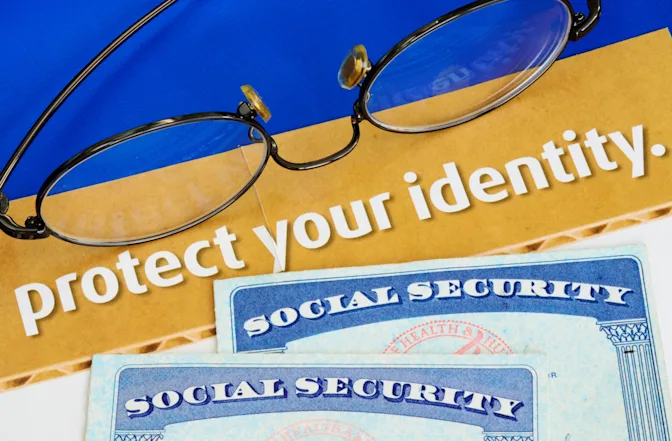
Beware of Identity Theft: What if It Happens to You?
Identity theft is a growing concern, with more than a million people in the U.S. falling victim last year alone. Understanding identity theft and its occurrence can significantly reduce your risk of becoming a target.
What Is Identity Theft?
Identity theft involves criminals using your personal data, such as your name, Social Security number, or bank details, without your permission, often for financial gain. This can lead to unauthorized account openings, theft of funds, and misuse of medical services in your name.
Common Ways Identity Theft Happens
There are several methods identity thieves use, exploiting both high-tech and low-tech vulnerabilities:
- Phishing and Email Scams: Criminals use fraudulent emails to trick individuals into revealing sensitive information.
- Data Breaches: Unauthorized access to data exposes personal information of many individuals at once.
- Social Engineering: Manipulating individuals into divulging personal information.
- Credit Card Skimming: Illegally capturing credit card data through devices placed on ATMs or point-of-sale terminals.
- Stolen or Lost Wallets: Personal information can be easily misused if your wallet falls into the wrong hands.
- Unsecured Networks: Using public Wi-Fi or unsecured networks can expose your data to theft.
- Malware and Spyware: Malicious software installed on your device can give criminals access to sensitive information.
Protecting Yourself From Identity Theft
While it's challenging to completely eliminate the risk of identity theft, there are steps you can take to make it much harder for thieves. Freezing your credit with major bureaus, safeguarding your Social Security number, being vigilant against phishing, and using secure networks are just a few preventative measures.

Reporting Identity Theft
The Federal Trade Commission's website, IdentityTheft.gov, is a comprehensive resource for reporting identity theft. Begin there to find detailed guidance and create a recovery plan. Additionally, it might be necessary to reach out to your local police department, the Postal Service, and credit reporting agencies. The IRS also offers assistance for identity theft victims through a dedicated hotline at 800-908-4490 and provides a guide on its website for affected taxpayers.

Awareness and proactive measures are vital to guarding against identity theft. By understanding the methods thieves use and taking steps to protect your information, you can significantly lower your chances of becoming a victim.
"As problems like identity theft become more prevalent, now more than ever, Americans need to take their financial health seriously," cautions former U.S. Representative Ruben Hinojosa, according to the Tallahassee Democrat. "This information is of the utmost importance."
References: Identity Theft: What It Is, How to Prevent It, Warning Signs and Tips | What Is Identity Theft, and How Does It Happen? | 2024 Identity Theft Facts and Statistics | Try using identity-theft protection























